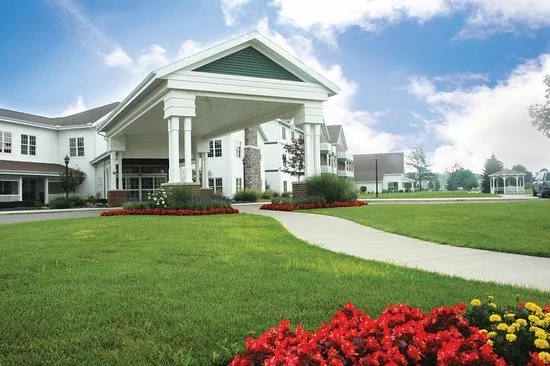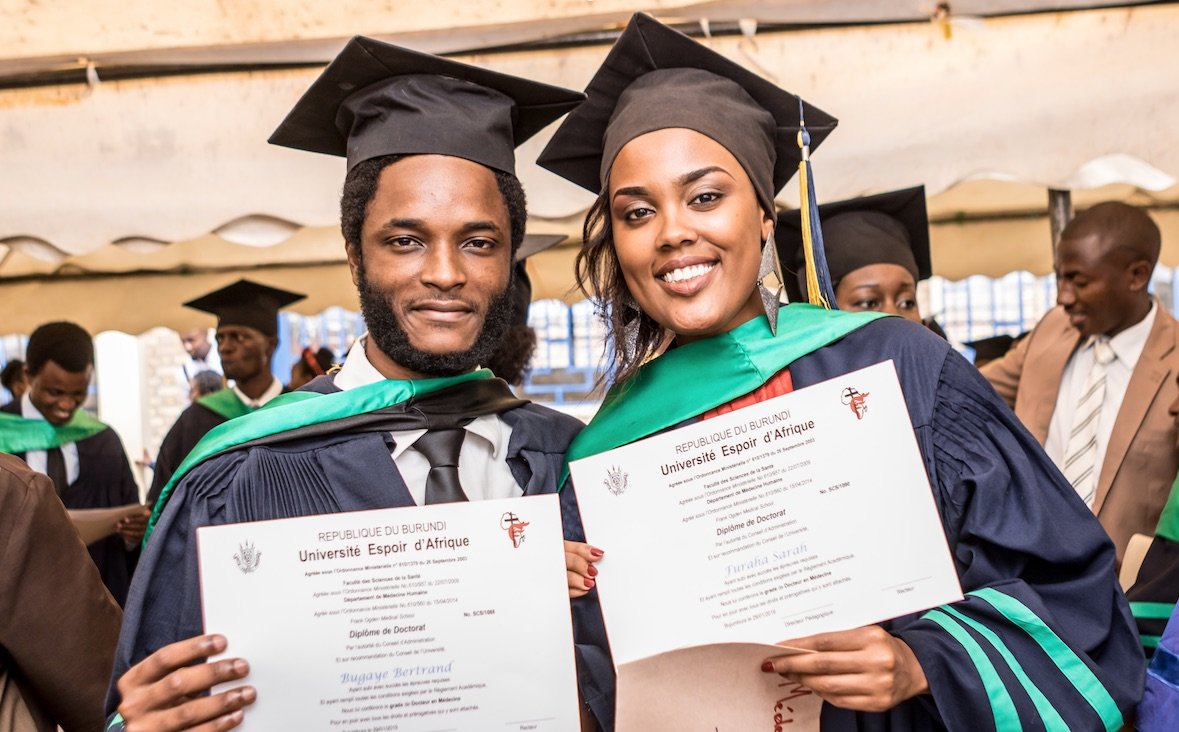Image Courtesy of Hope Africa University
Eric Manirakiza is the director of the nursing program at Hope Africa University, and has been for 11 years. He is a graduate of the first undergraduate class of Nursing from Hope Africa University and a graduate from the first Masters-level class. In 2020, he completed a second masters in Nursing from Roberts Wesleyan College, and is now applying for the doctorate in Nursing Leadership at Spring Arbor University. He has also written a paper called Evaluation of Knowledge and Practice regarding Family Planning among Christians Pregnant Women of Gihanga Attending Antenatal Careat Vyizigiro Health Center, Bubanza, Burundi which can be accessed via the button below.
In the fall, Eric started his program at Spring Arbor University to obtain his doctorate, which is incredibly important to Hope Africa University and to Free Methodist Missions. He reached out to our medical fellowship to request assistance for tuition. Eric’s studies will enable him to provide expert leadership from an international perspective at Hope Africa University, and in his small country of Burundi in Central Africa. He is also attempting to pay tuition as well as take care of his three year old daughter and help support his younger brother and an additional orphaned lady on his limited income. Our board decided to help support him by giving him next semester’s tuition through the Thuline fund. The board also decided to have the FM fellowship set up an account to take tax deductible donations for this education, for this second year of his program. We are hoping many of our members will contribute to help support Eric in pursuing his doctorate. Friends of Hope Africa is also helping to raise support, but it is fitting that our fellowship, which includes nurses, also helps. His program is two years, so these donations will help pay for his second year. Supporting Eric will help the head of a very large FM University based nursing program an advanced degree.
If you have any questions about this, e-mail normwetterau@aol.com . Donations can be made online on our website or mailed to our treasurer, David Leffler. Mail checks out to Free Methodist Medical Fellowship and note nursing education in memo. Mail to:
David Lefler
235 Ridgewood Drive
Fort Ashby, WV 26719














